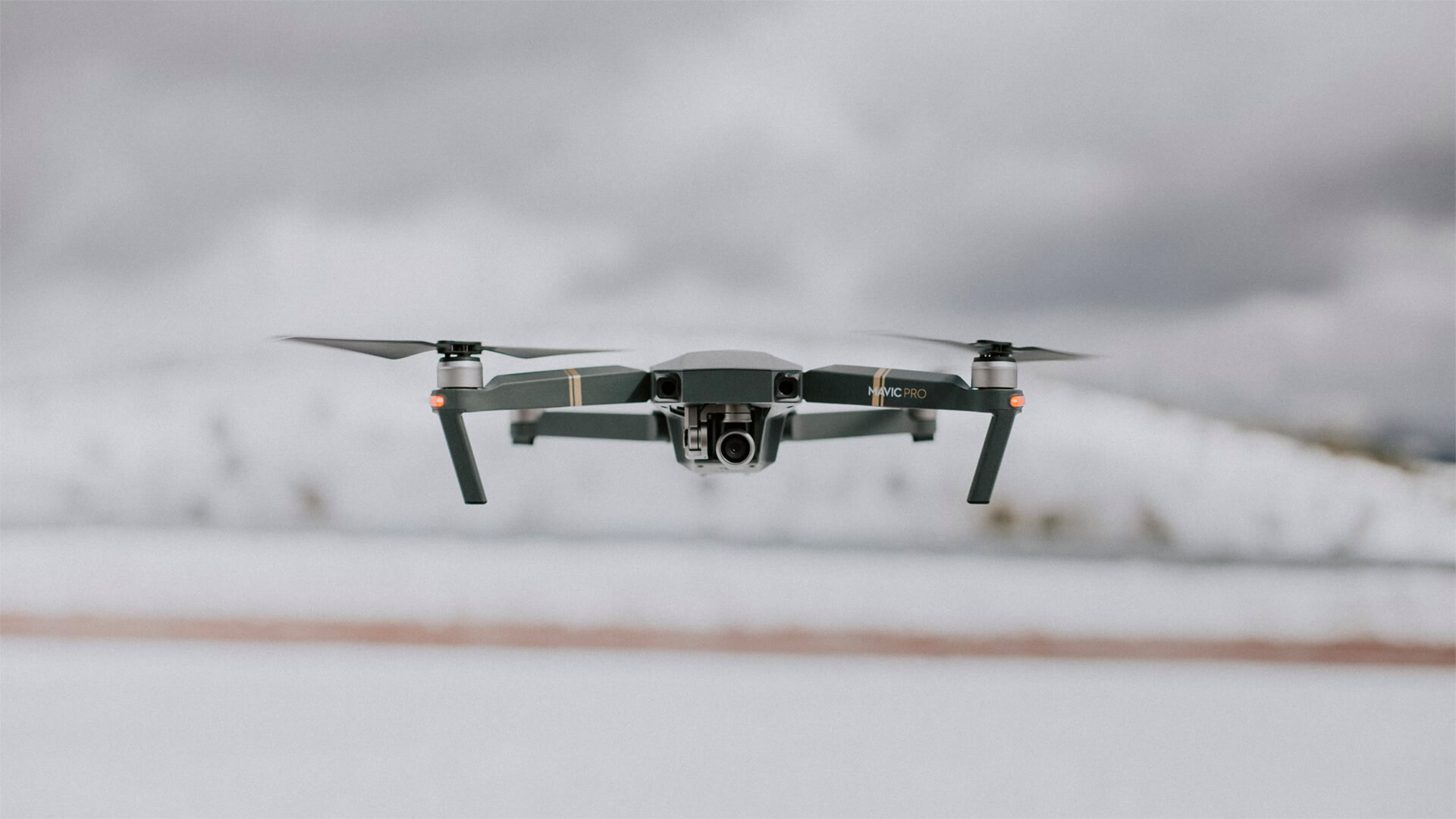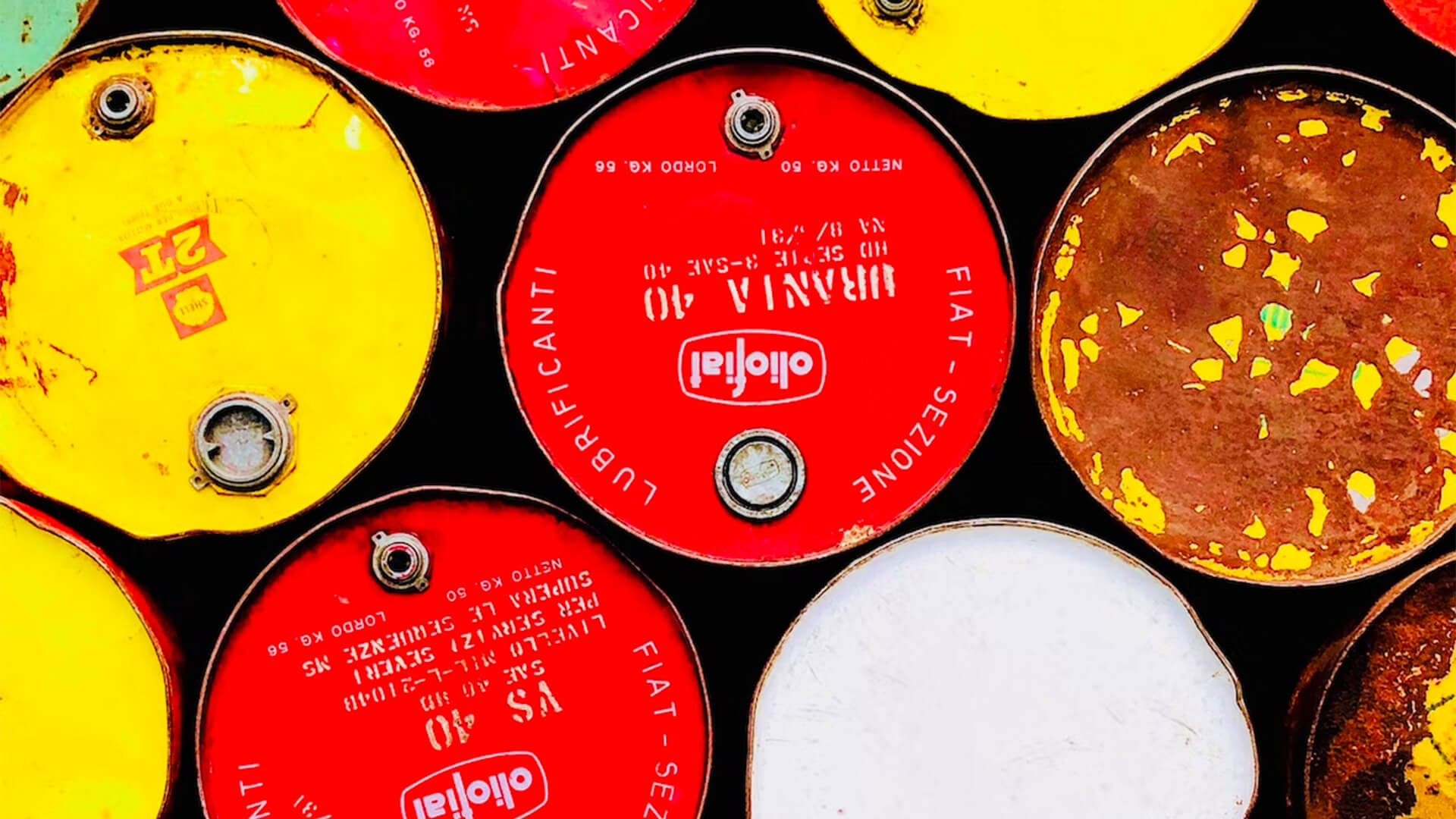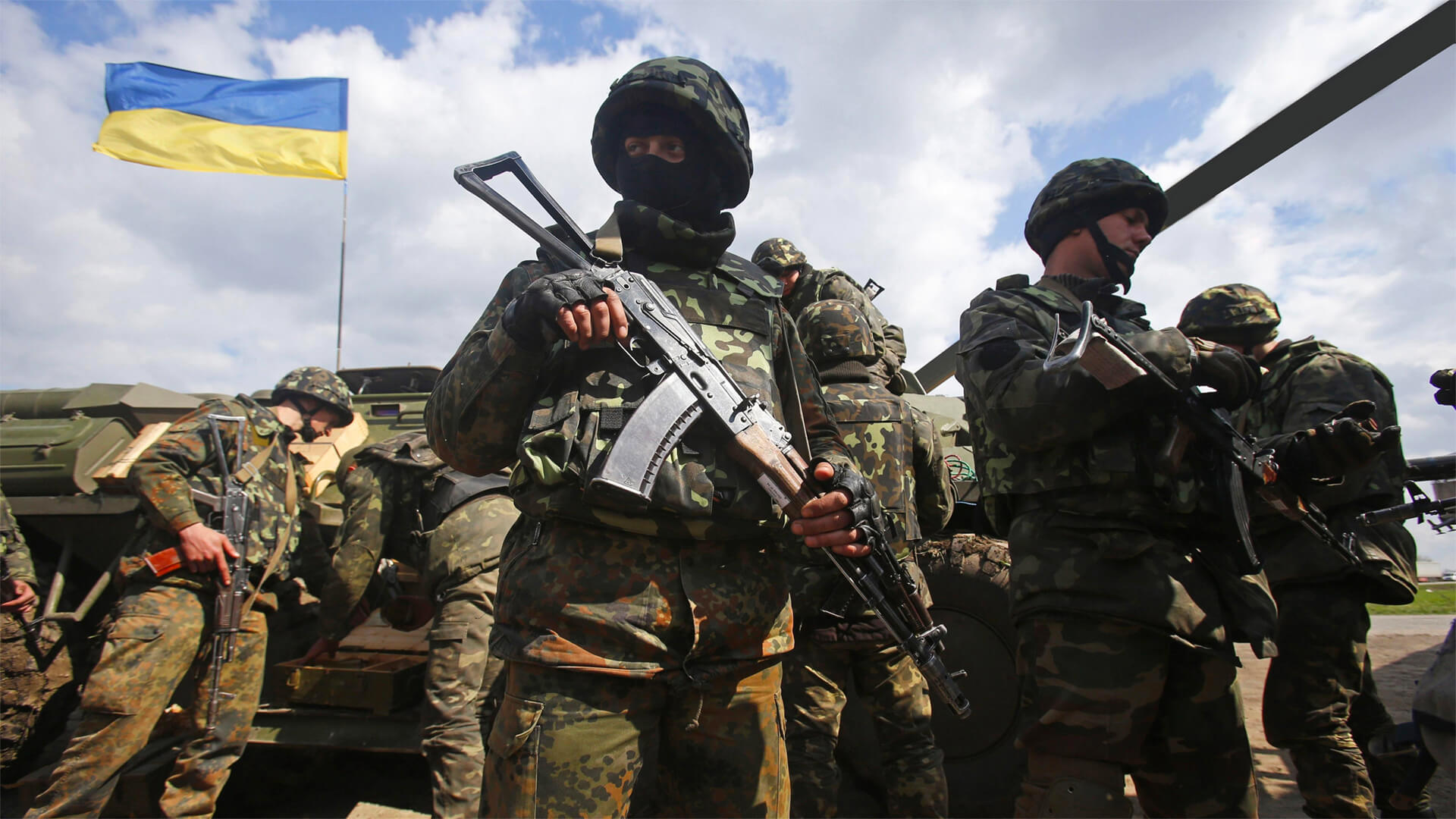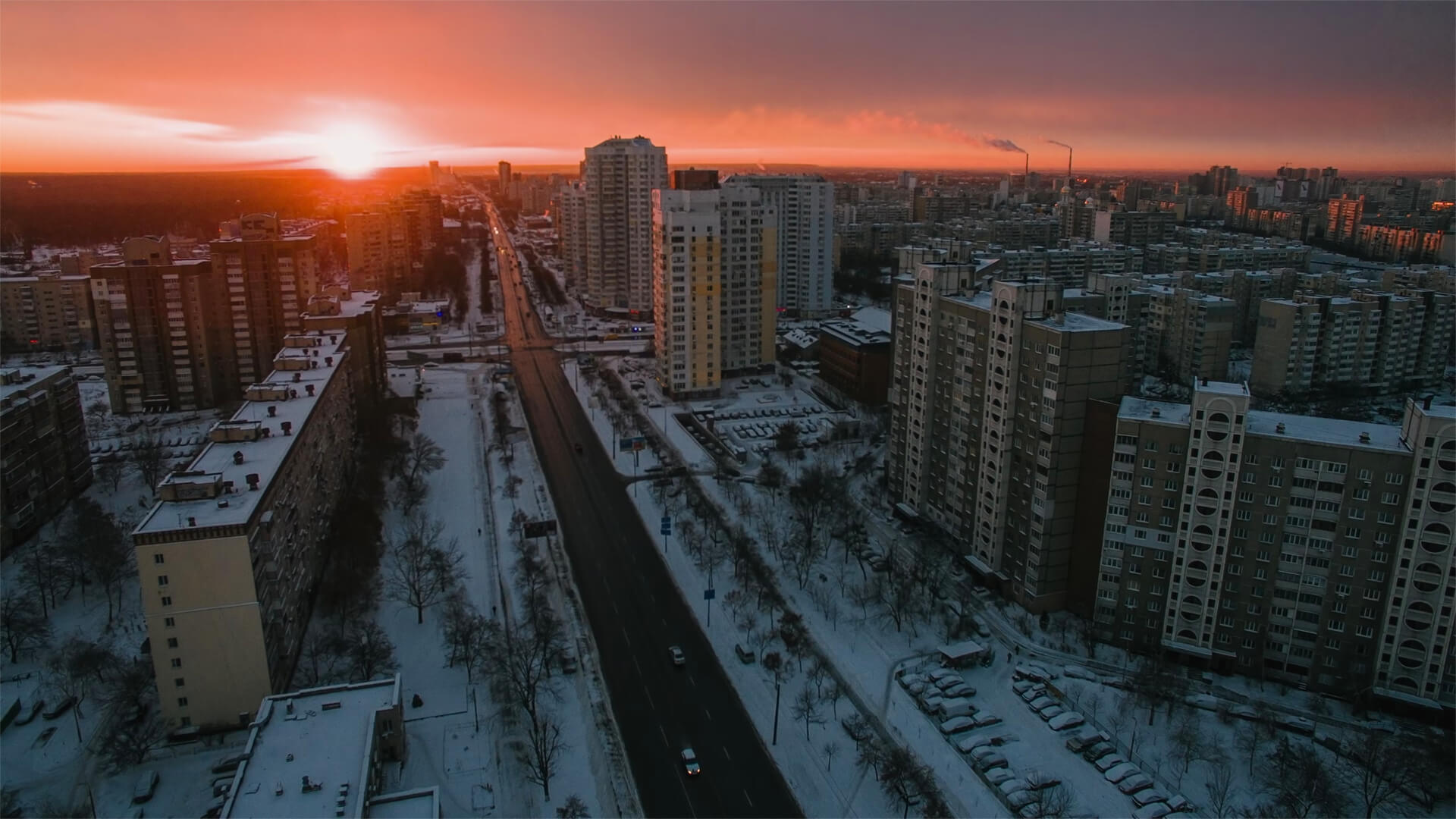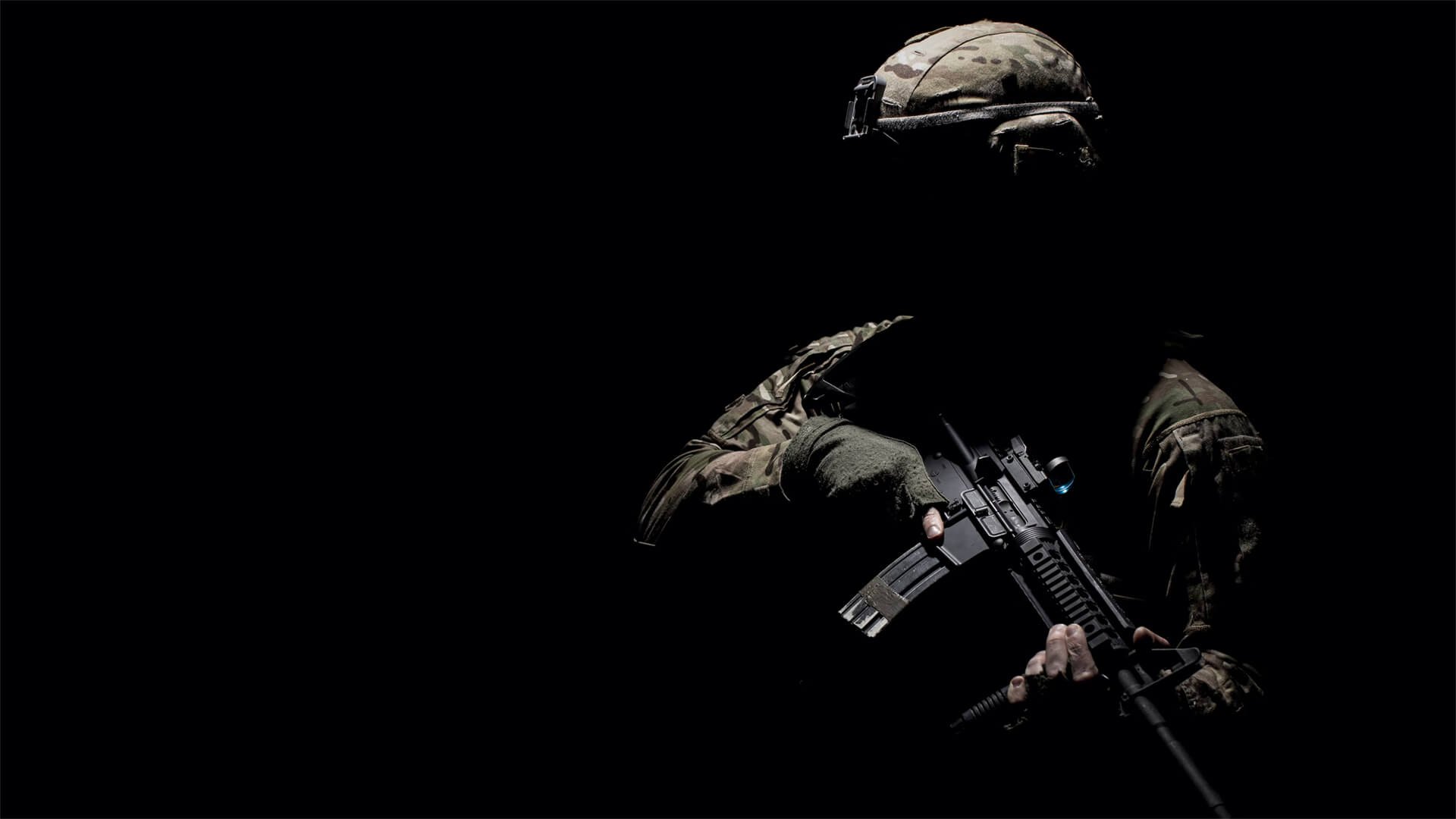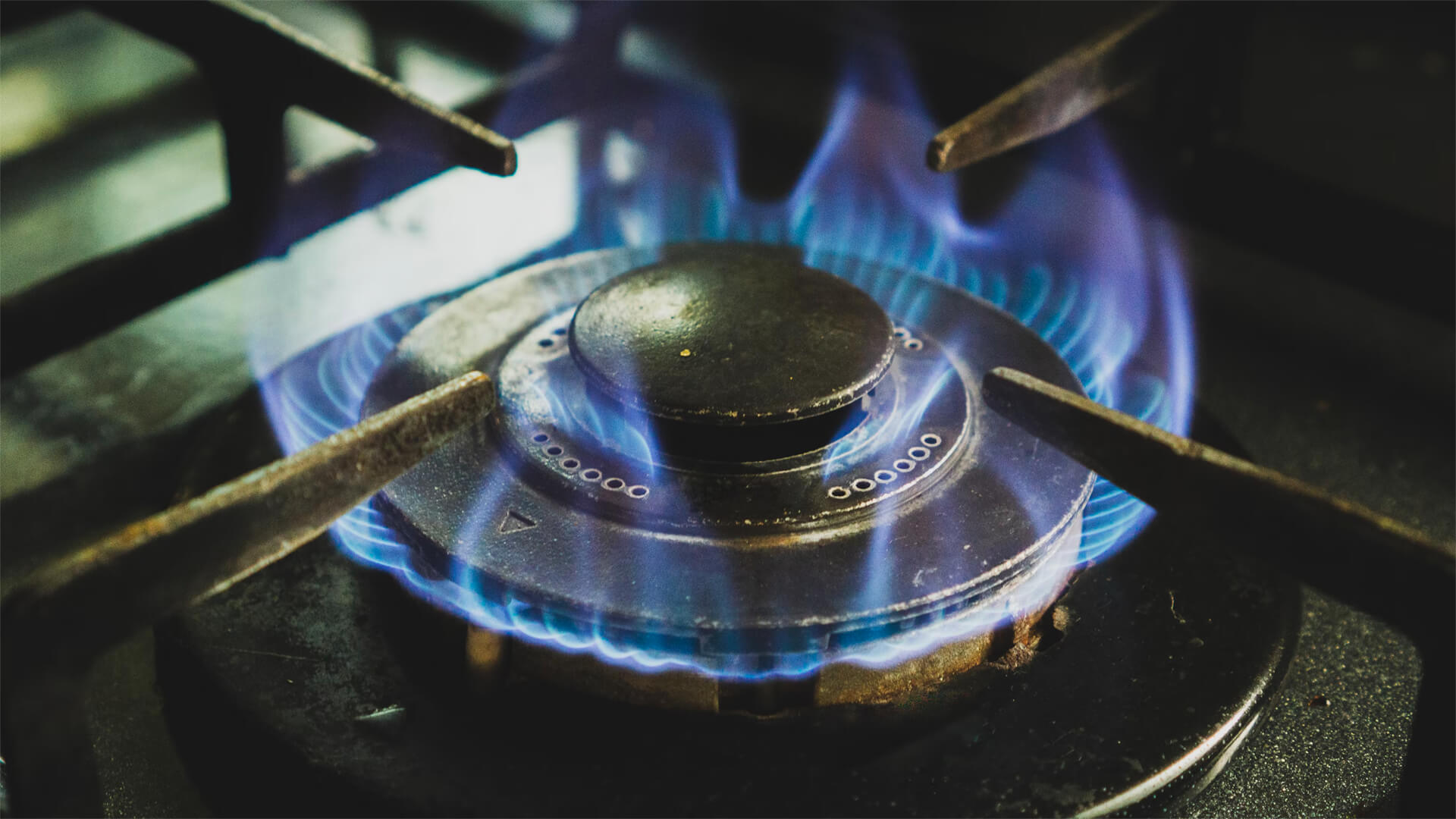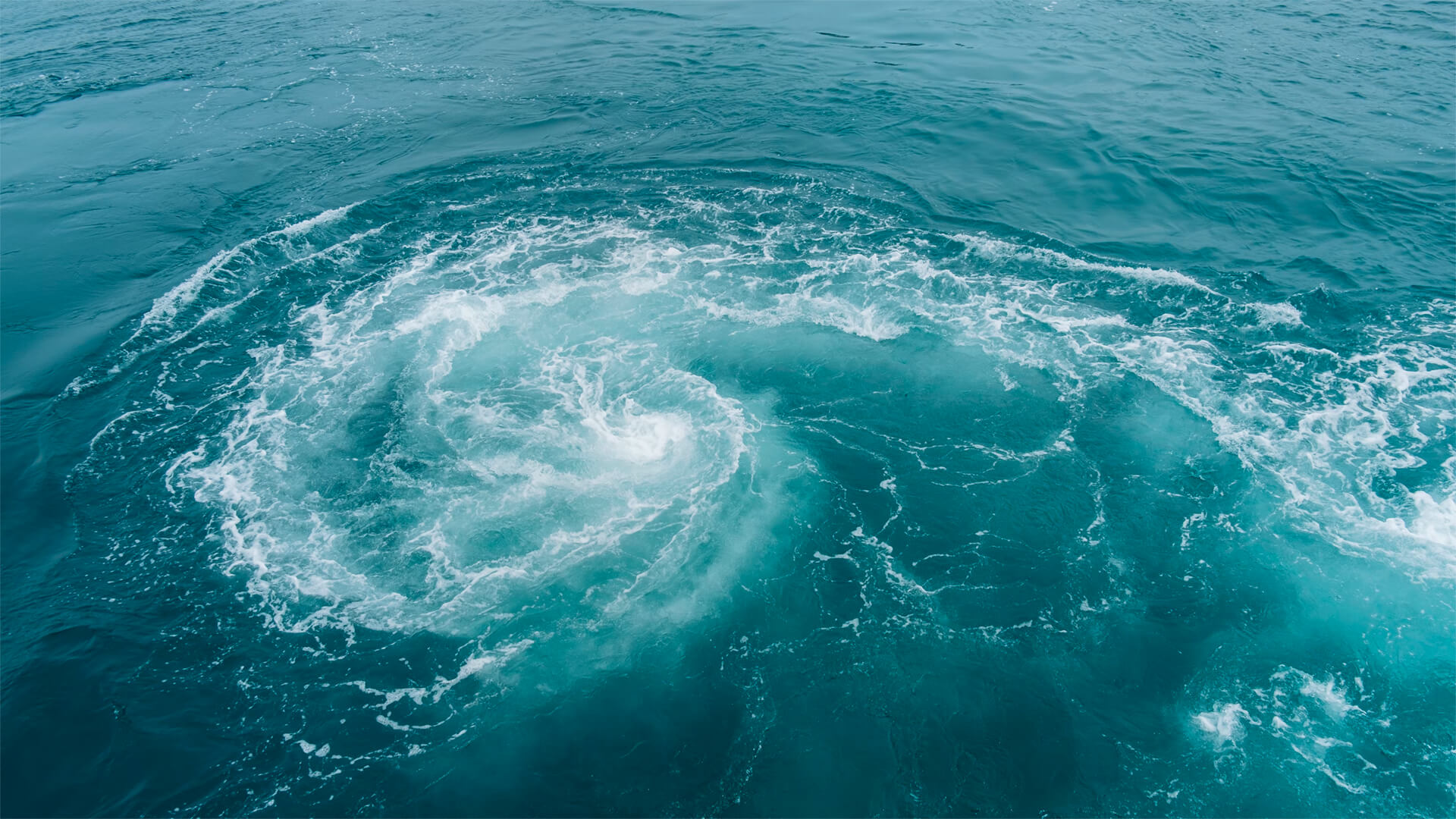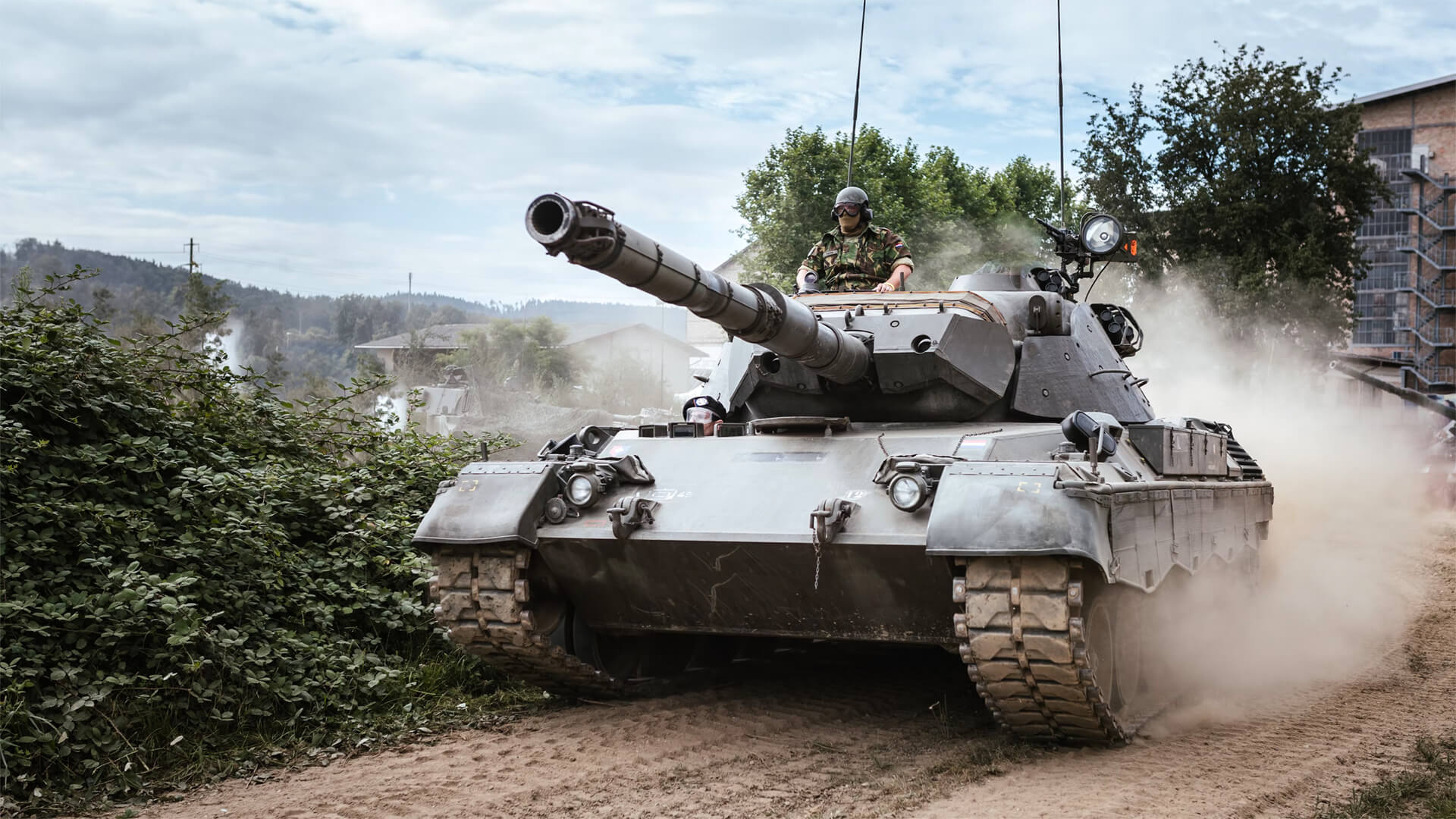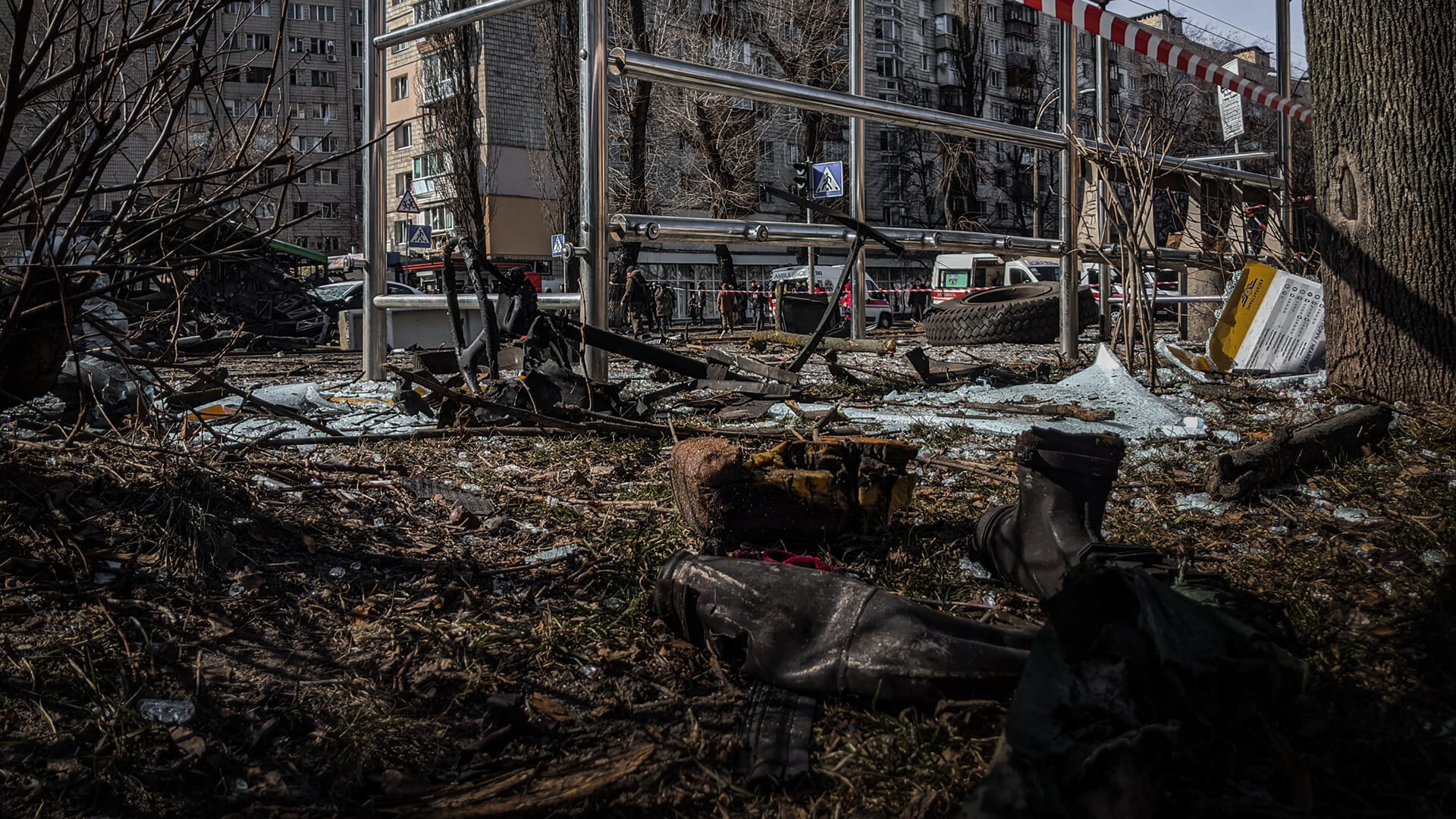Western countries have gone out of their way NOT to provide the Ukrainians with weapon systems capable of striking Russia directly. So they are building their own.
This will not change the tides of war overnight, especially since Russia has never backed down from a fight without losing at least half a million men first. However, it does present an interesting opportunity for the Ukrainians.
By targeting Russia’s nexus points (i.e., oil refineries), the Ukrainians could eliminate Putin’s economic ability to sustain its military complex. Then we’ll have a much more interesting conversation to have.
Here at Zeihan On Geopolitics we select a single charity to sponsor. We have two criteria:
First, we look across the world and use our skill sets to identify where the needs are most acute. Second, we look for an institution with preexisting networks for both materials gathering and aid distribution. That way we know every cent of our donation is not simply going directly to where help is needed most, but our donations serve as a force multiplier for a system already in existence. Then we give what we can.
Today, our chosen charity is a group called Medshare, which provides emergency medical services to communities in need, with a very heavy emphasis on locations facing acute crises. Medshare operates right in the thick of it. Until future notice, every cent we earn from every book we sell in every format through every retailer is going to Medshare’s Ukraine fund.
And then there’s you.
Our newsletters and videologues are not only free, they will always be free. We also will never share your contact information with anyone. All we ask is that if you find one of our releases in any way useful, that you make a donation to Medshare. Over one third of Ukraine’s pre-war population has either been forced from their homes, kidnapped and shipped to Russia, or is trying to survive in occupied lands. This is our way to help who we can. Please, join us.

